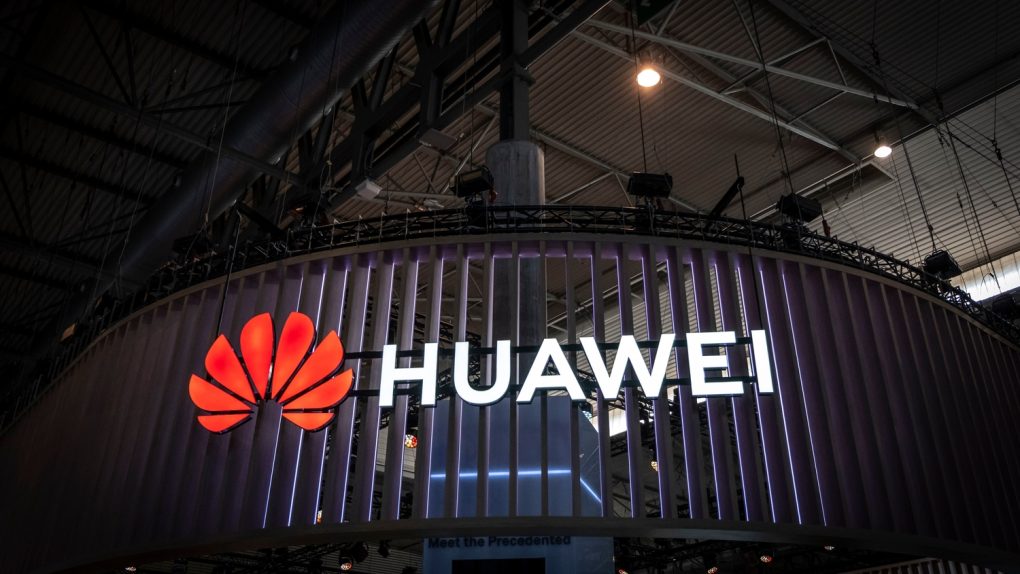Leaks are continuing to trickle out in advance of Huawei’s release of its next flagship that’s likely to happen in October — which is when the Mate 30 Pro, unquestionably one of the most exciting phones still to come this year, will finally arrive. And in addition to some of the early features of the handset’s design we’ve already reported, like the smaller notch at the top and extreme screen edges, a pair of new trademark filings suggests the phone’s camera will be particularly impressive.
Early reports indicate the phone will feature a quad-camera setup on the back. Meanwhile, two new trademark filings suggest Huawei plans to integrate a so-called “cine-lens” into the camera that allows the user to shoot superior video along the lines of the quality a videographer would demand.
Huawei applied for trademarks for the names “Cine-Lens” and “Camera Matrix” on July 17 with the European Union Intellectual Property Office (h/t LetsGoDigital), and some deductions can be made here about what Huawei may be planning. As LetsGoDigital notes, such lenses produce incredible video quality and can usually capture continuous movement. The problem, though, is that real cinema lenses tend to be incredibly expensive, so to keep the price reasonable Huawei may be planning some kind of modified lens that’s been tweaked for the ability to record high-quality video.
It’s possible that Leica may end up providing such a cine-lens, given that both companies have an existing relationship. But we’ll have to wait and see what Huawei’s ultimate plans are here, in addition to whether the quad-camera setup ends up being presented in a rounder design, as has been rumored, instead of a more square configuration.
At a higher level, another wild card is the continuing fallout from the US ban of Huawei which prohibits US companies from doing business with it and shuts it out from buying technology it needs here. As we reported earlier this week, potentially “hundreds” of US layoffs are planned at the company’s Futurewei Technologies research subsidiary. And the US has been pressing allies to follow suit.
“Let’s face it — there’s a digital war going on among countries today, it’s just not an undeclared war,” former US Homeland Security Secretary Tom Ridge told us recently in a phone interview. He’s one such advocate for other countries following our lead here, and he spoke with us after just returning from a visit to the UK, where he’d been meeting with members of the British parliament as well as other foreign dignitaries in a round of appearances that included sitting for an interview with the BBC about this issue.
“Everyone’s trying to find backdoors and trying to take advantage of poor digital hygiene,” he continued. “This may be the only issue in Washington DC in which leaders of both parties are united. Huawei is not getting access to our telecommunications systems.”








